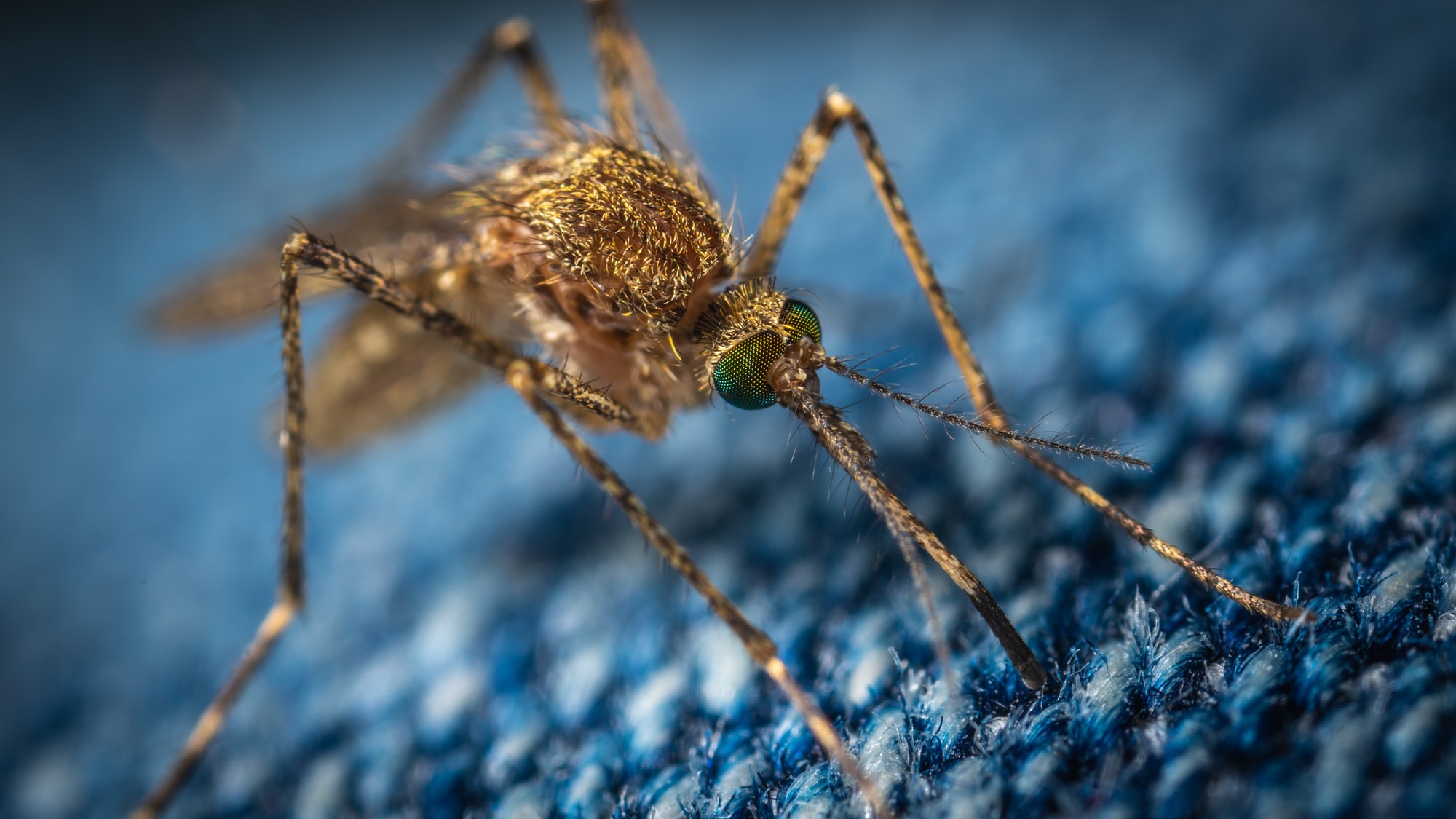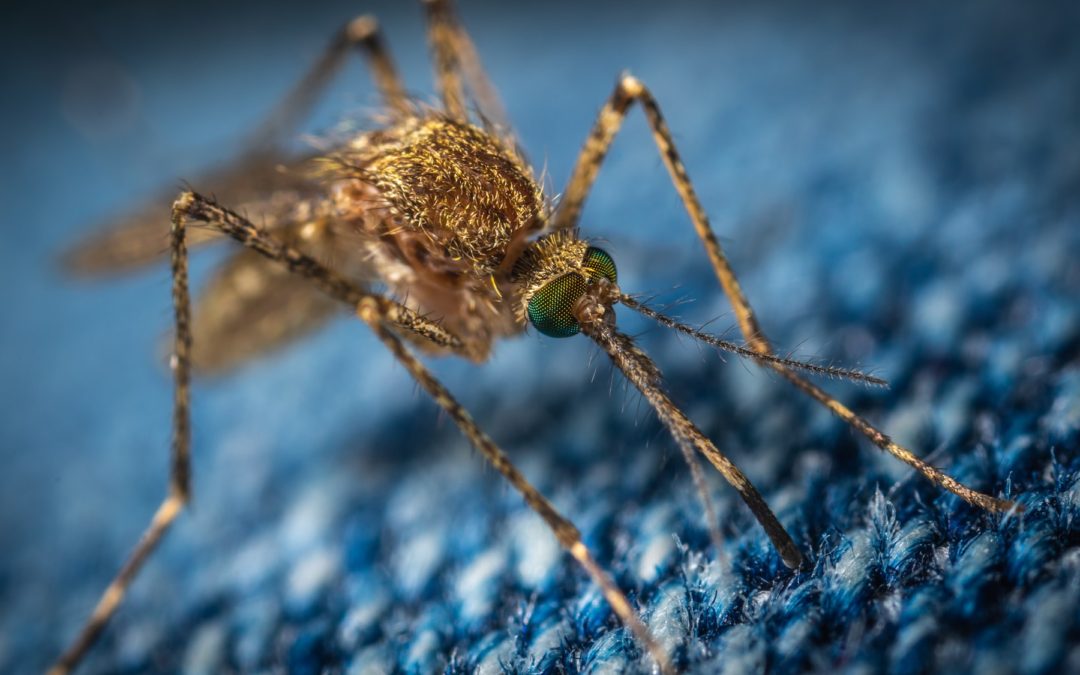
Malaria is, still, one of the most deadly diseases in the world. Every year over 400,000 people die because of it. The vast majority who die are children under five.
The disease is spread through mosquitoes that transmit parasites to humans when they sting. Malaria is found in many countries in Asia, South America and Africa. The risk of being infected is greatest in Africa.
Tremendous progress has been made in the fight against malaria. Since 2000, the number of dead has been halved. This has happened mainly through simple means such as using bed nets and insect spray. But the decline has slowed in recent years and new methods are needed.
One method is to protect the mosquitoes from being infected with the parasite that causes malaria and this is where a major breakthrough has now been made.
A research team working in Kenya and the UK has discovered a microbe that completely protects the mosquito from being infected with malaria. According to the researchers, the discovery has “enormous potential” to control the disease.
The researchers are now investigating the possibility of releasing mosquitoes, which have the microbe in them, in the wild or using spores to limit the disease.
Microsporidia MB is the name of the microbe that can block the malaria parasite and it was discovered when mosquitoes were studied on Lake Victoria in Kenya. It lives in intestines and genitals on insects.
The researchers were able to show by experiment that not a single mosquito they found that carried the microbe also carried the malaria parasite. A study has recently been published in the scientific journal Nature .

